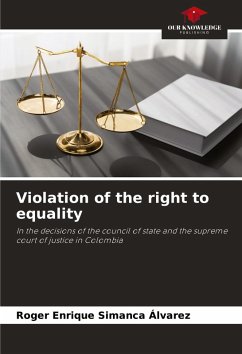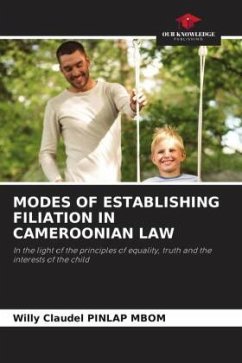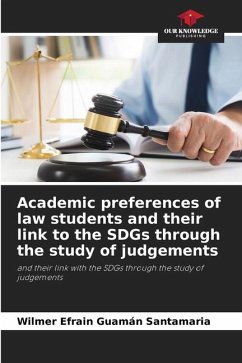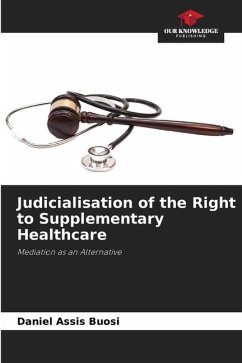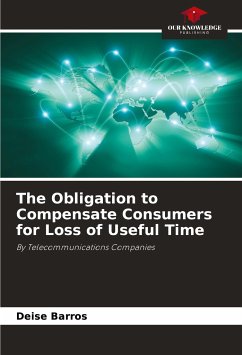
The Right of the Elderly to Integral Health
The Health of the Elderly as a Fundamental Social Right
Versandkostenfrei!
Versandfertig in 6-10 Tagen
27,99 €
inkl. MwSt.

PAYBACK Punkte
14 °P sammeln!
The reduction in the population growth rate and the increase in the life expectancy of Brazilians has resulted in a contingent increase in the number of elderly people in the country, bringing about a change in the epidemiological profile of the population, along with other issues such as health. When people reach the age of 60, for genetic and biological reasons, they tend to lose their vigour and end up in poor health. But when they need public services, they are faced with social inequality and the weakening of their existential dignity. This work will shed light on the problem of the healt...
The reduction in the population growth rate and the increase in the life expectancy of Brazilians has resulted in a contingent increase in the number of elderly people in the country, bringing about a change in the epidemiological profile of the population, along with other issues such as health. When people reach the age of 60, for genetic and biological reasons, they tend to lose their vigour and end up in poor health. But when they need public services, they are faced with social inequality and the weakening of their existential dignity. This work will shed light on the problem of the health of the elderly in Brazilian legislation and the importance of making these rights effective for this minority group.






